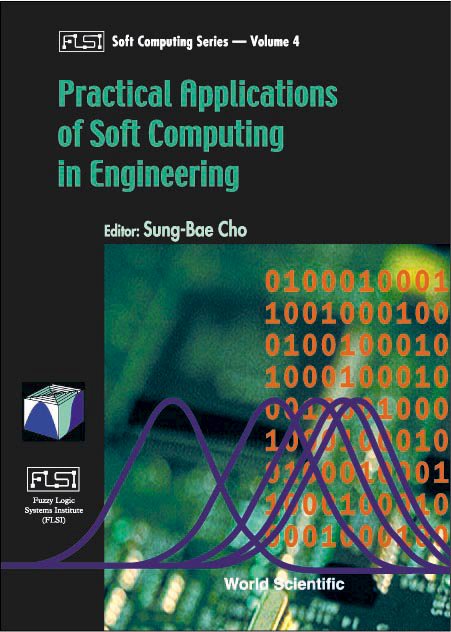Genetic Algorithm-based Predictive Control for Nonlinear Processes
GAs are known to be capable of finding an optimal value with better probability than the descent-based nonlinear programming methods for optimization problems. As such, a GA-based optimization technique is adopted in the paper to obtain optimal future control inputs for predictive control systems. For reliable future predictions of a process, we identify the underlying process with an NNARX model structure that consists of a regressor vector and a set of parameters containing all the weights of the neural network. To reduce the volume of neural network, we determine the elements of the regresssor vector based on the Lipschitz index and a criterion. The Gauss-Newton based Levenberg-Marquardt method is used to estimate the parameters because of its robustness and superlinear rate of convergence. Since most industrial processes are subject to their constraints, we deal with the input-output constraints by modifying some genetic operators and/or using a penalty strategy in the GA-based predictive control. Furthermore, we extend the control scheme to multi-input, multi-output nonlinear dynamical systems. Some computer simulations are given to show the effectiveness of the GA-based predictive control method compared with the adaptive GPC algorithm.



